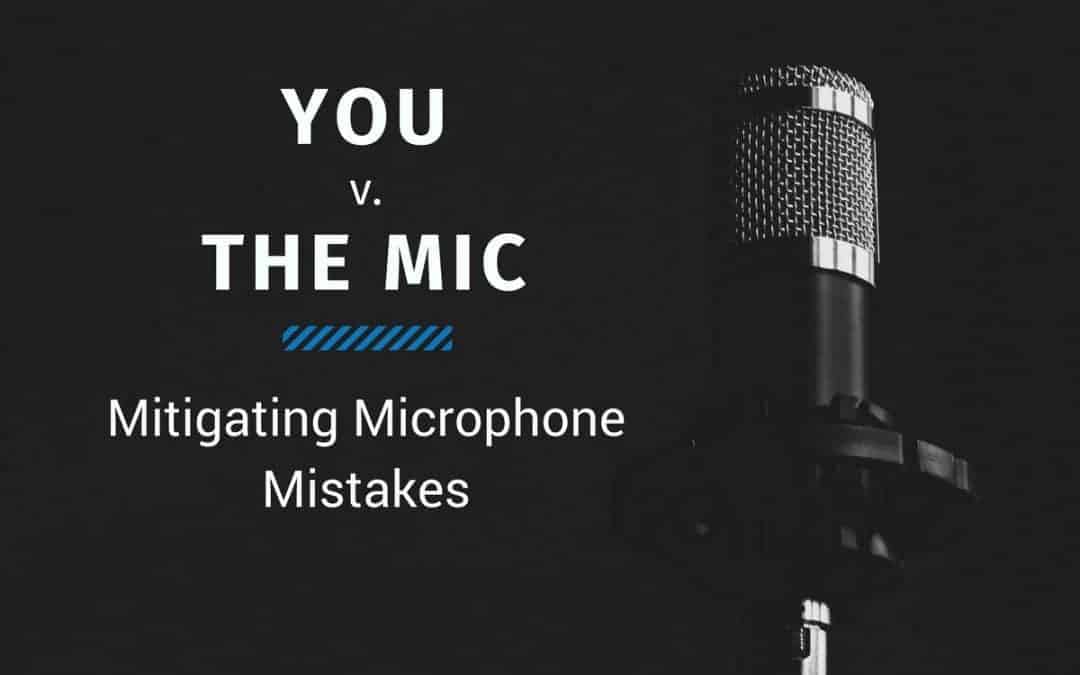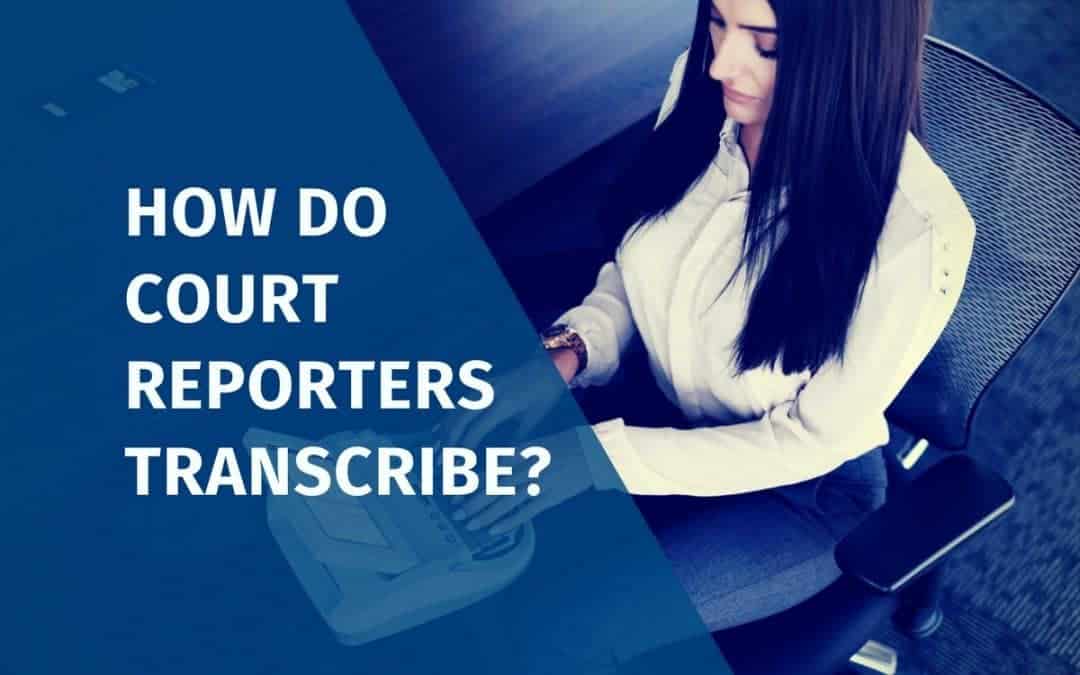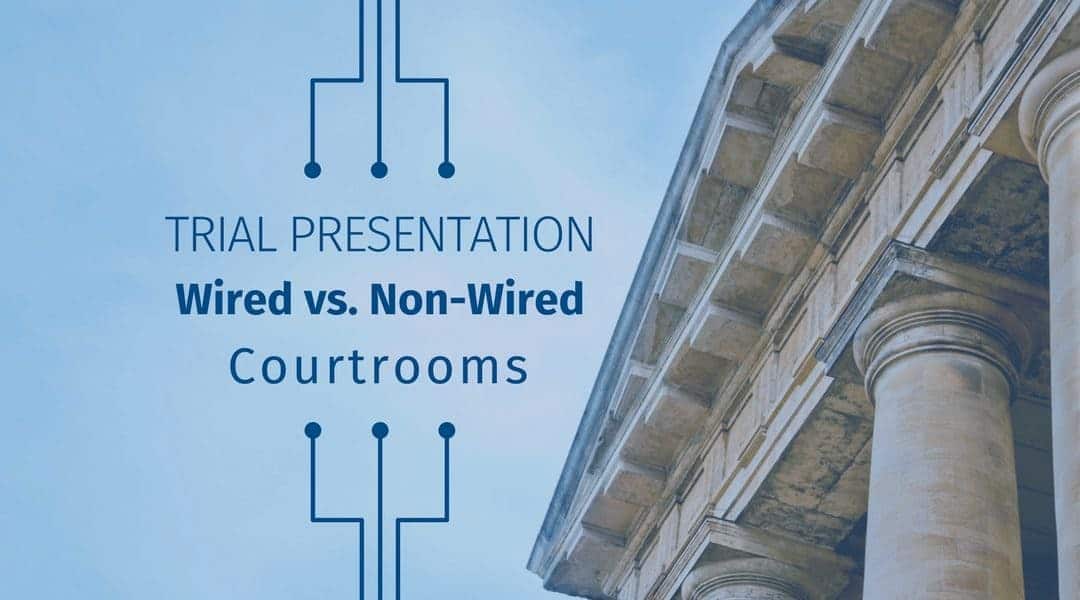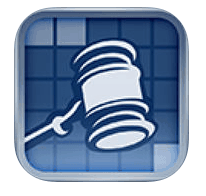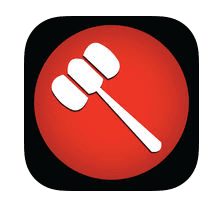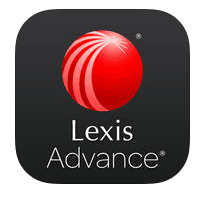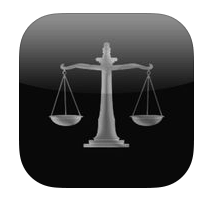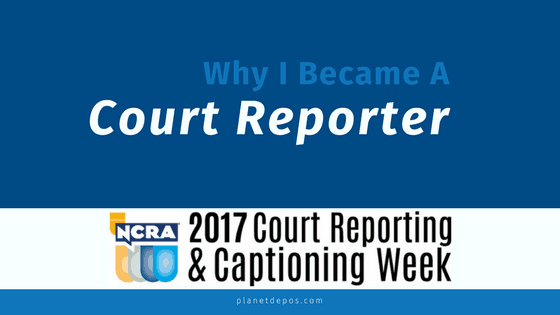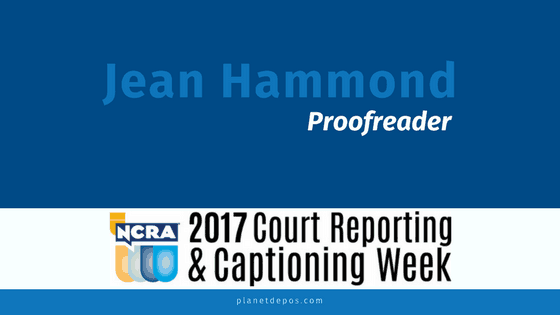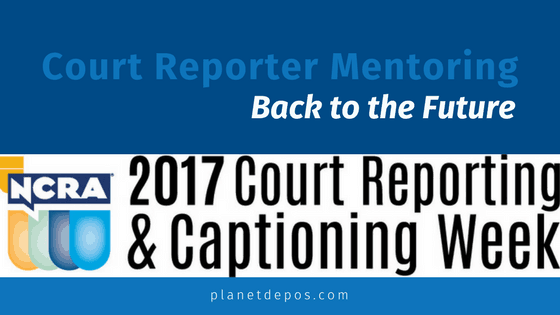You v. The Mic: Mitigating Microphone Mistakes
By Debby Cavazos
It’s the middle of your depo, and you pull your mic off, creating a loud sound on the record. You take a quick glance to the left and see the videographer giving you a stern look. You’re embarrassed, but don’t worry — this happens quite often. Although the microphone is an important component for a depo, ensuring high-quality audio, it can also create chaos! Here are some helpful hints to consider to avoid microphone issues.
Before you put your mic on, ask yourself this question: What direction will you be facing for the majority of the deposition? This is good thinking, because you want to make sure you get a clean record. If you’re facing away from the microphone, it will be difficult to catch your questions on the record. On the other hand, placing the microphone too close to your face can result in overblown audio. Depending on your wardrobe, try placing the microphone somewhere on your chest, perhaps on your blazer, shirt or tie. If you’ll be facing toward the left, then place the mic on your left side, and vice versa.
Do you have long hair? Like to wear scarves or necklaces? Long hair tends to drape over microphones and cause static as it rubs against the windscreen. Necklaces sometimes rattle as you move throughout the day, which can cause significant audio issues. It’s sometimes difficult to attach microphones to scarves, and oftentimes they tend to brush against the microphone. Consider wearing your hair up and perhaps not wearing items that cover your neck area. You’re sure to get much better audio quality.
Are you planning to discuss a private matter during the deposition? As mentioned before, the microphone picks up everything. When you’re whispering, you may think that no one in the room can hear you, but the mic still can! If you have private matters that you don’t want others in the room to hear, consider removing your microphone so that your private conversations won’t be heard on the record.
Try not to fiddle with your mic during the depo. The microphone is sensitive; if enough force is applied, it can detach. Any movement can be heard, so playing with the wire isn’t recommended either. If you are stepping away, remember to remove your microphone!
If you keep these tips in mind, you can avoid many common mistakes when using a microphone. Our videographers are experienced in mitigating potential problems, so don’t be afraid to ask on your next deposition. Have a question right now? Reach out to our video team at video@planetdepos.com or call us at 888.433.3767.
You v. The Mic: Mitigating Microphone Mistakes
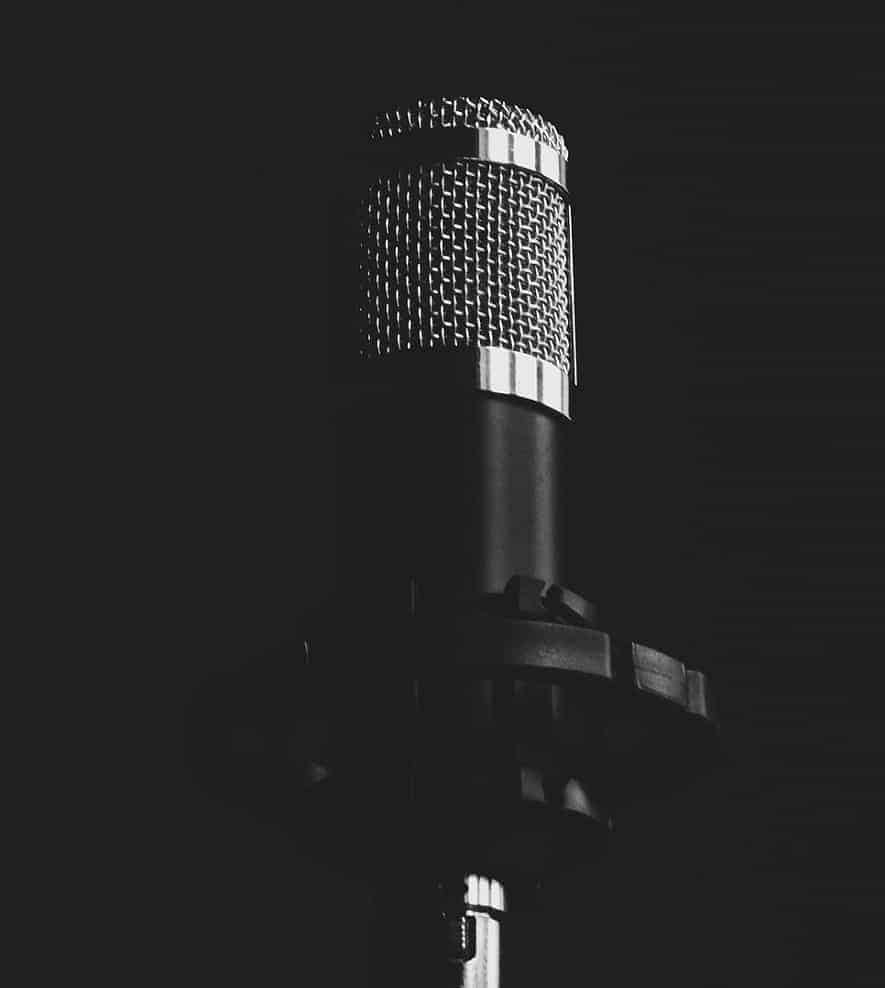
By Debby Cavazos
It’s the middle of your depo, and you pull your mic off, creating a loud sound on the record. You take a quick glance to the left and see the videographer giving you a stern look. You’re embarrassed, but don’t worry — this happens quite often. Although the microphone is an important component for a depo, ensuring high-quality audio, it can also create chaos! Here are some helpful hints to consider to avoid microphone issues.
Before you put your mic on, ask yourself this question: What direction will you be facing for the majority of the deposition? This is good thinking, because you want to make sure you get a clean record. If you’re facing away from the microphone, it will be difficult to catch your questions on the record. On the other hand, placing the microphone too close to your face can result in overblown audio. Depending on your wardrobe, try placing the microphone somewhere on your chest, perhaps on your blazer, shirt or tie. If you’ll be facing toward the left, then place the mic on your left side, and vice versa.
Do you have long hair? Like to wear scarves or necklaces? Long hair tends to drape over microphones and cause static as it rubs against the windscreen. Necklaces sometimes rattle as you move throughout the day, which can cause significant audio issues. It’s sometimes difficult to attach microphones to scarves, and oftentimes they tend to brush against the microphone. Consider wearing your hair up and perhaps not wearing items that cover your neck area. You’re sure to get much better audio quality.
Are you planning to discuss a private matter during the deposition? As mentioned before, the microphone picks up everything. When you’re whispering, you may think that no one in the room can hear you, but the mic still can! If you have private matters that you don’t want others in the room to hear, consider removing your microphone so that your private conversations won’t be heard on the record.
Try not to fiddle with your mic during the depo. The microphone is sensitive; if enough force is applied, it can detach. Any movement can be heard, so playing with the wire isn’t recommended either. If you are stepping away, remember to remove your microphone!
If you keep these tips in mind, you can avoid many common mistakes when using a microphone. Our videographers are experienced in mitigating potential problems, so don’t be afraid to ask on your next deposition. Have a question right now? Reach out to our video team at video@planetdepos.com or call us at 888.433.3767.

